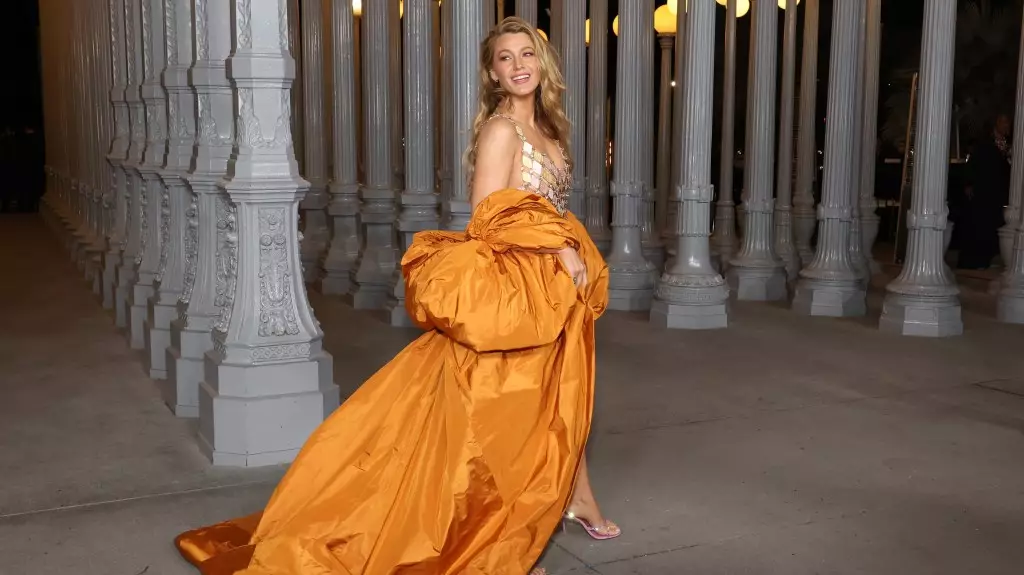In recent weeks, the entertainment industry has once again found itself under the spotlight, this time due to a significant lawsuit filed by actress Blake Lively against her co-star and director, Justin Baldoni. The legal action, filled with serious allegations including sexual harassment and a coordinated smear campaign, not only highlights grave issues of workplace misconduct in Hollywood but also reveals the complex dynamics that can arise on set.
Blake Lively’s complaint details shocking claims against Baldoni, pointing out that his alleged misconduct led to immediate and severe consequences for her professional life. The lawsuit suggests that Lively’s career faced backlash as a direct result of her speaking out against troubling behavior, including unwelcome comments and inappropriate actions during filming. The ability to compile a comprehensive list of events that unfolded post-incident illustrates Lively’s argument of a destructive fallout. Significant public engagements, including a role as the host for the highly anticipated premiere of Saturday Night Live and a corporate event for her haircare brand, were canceled due to the swirling negative media surrounding the production. This reflects a larger issue: the repercussions that silence and fear can impose on those who dare to expose misconduct within the industry.
Among the various claims in Lively’s lawsuit lies a shocking account of Baldoni’s behavior during meetings and film sessions. The allegations describe instances of improvised scenes that crossed professional boundaries, as well as personal disclosures that blurred the lines of actor-director rapport. The idea that a director would not only push for inappropriate scenes but also make misinformed jokes about sensitive topics, like Lively’s relationship with her deceased father, is indicative of a deeper culture problem within Hollywood. The discomfort Lively experienced is not to be taken lightly; it embodies the types of enduring trauma that many in the industry suffer but rarely voice due to fear of retribution.
The lawsuit paints a picture of a retaliatory response from Baldoni and his team, which further underscores the challenges faced by those who raise their voices against abuses of power. As outlined in the complaint, Baldoni allegedly orchestrated a media strategy aimed at damaging Lively’s reputation following her attempts to bring attention to his misconduct. This type of calculated response reveals the lengths to which some individuals will go to protect their interests, often at the expense of others. Such actions not only violate ethical standards but speak to a broader pattern of behavior within the industry that supports silence over accountability.
Reaction from the Community
The response to Lively’s lawsuit has been significant, with mixed reactions flowing in from numerous corners of the entertainment community. Baldoni’s legal representative has labeled Lively’s accusations as “categorically false,” shifting the focus back to her actions leading up to the lawsuit. However, the severity of Lively’s claims and the public nature of the case have generated discussions about how allegations of this nature are handled. The support from Colleen Hoover, the author of “It Ends With Us,” who praises Lively’s character and integrity, reinforces that the stakes are high not just for the individuals involved but for the moral compass of the industry as a whole.
As this case unfolds, it presents a critical moment for Hollywood—a call to action towards enhancing accountability and fostering safe work environments. Activism for fairness and respect in the workplace may eventually lead to significant reforms. Blake Lively’s lawsuit should serve as a clarion call emphasizing the need for transparency, a reassessment of the power dynamics in the industry, and a reinvigorated commitment to protect the rights and dignity of all individuals within it. Only through such efforts can the industry begin to heal and re-establish itself as a space that not only entertains but also upholds respect and equality for its contributors.


Leave a Reply